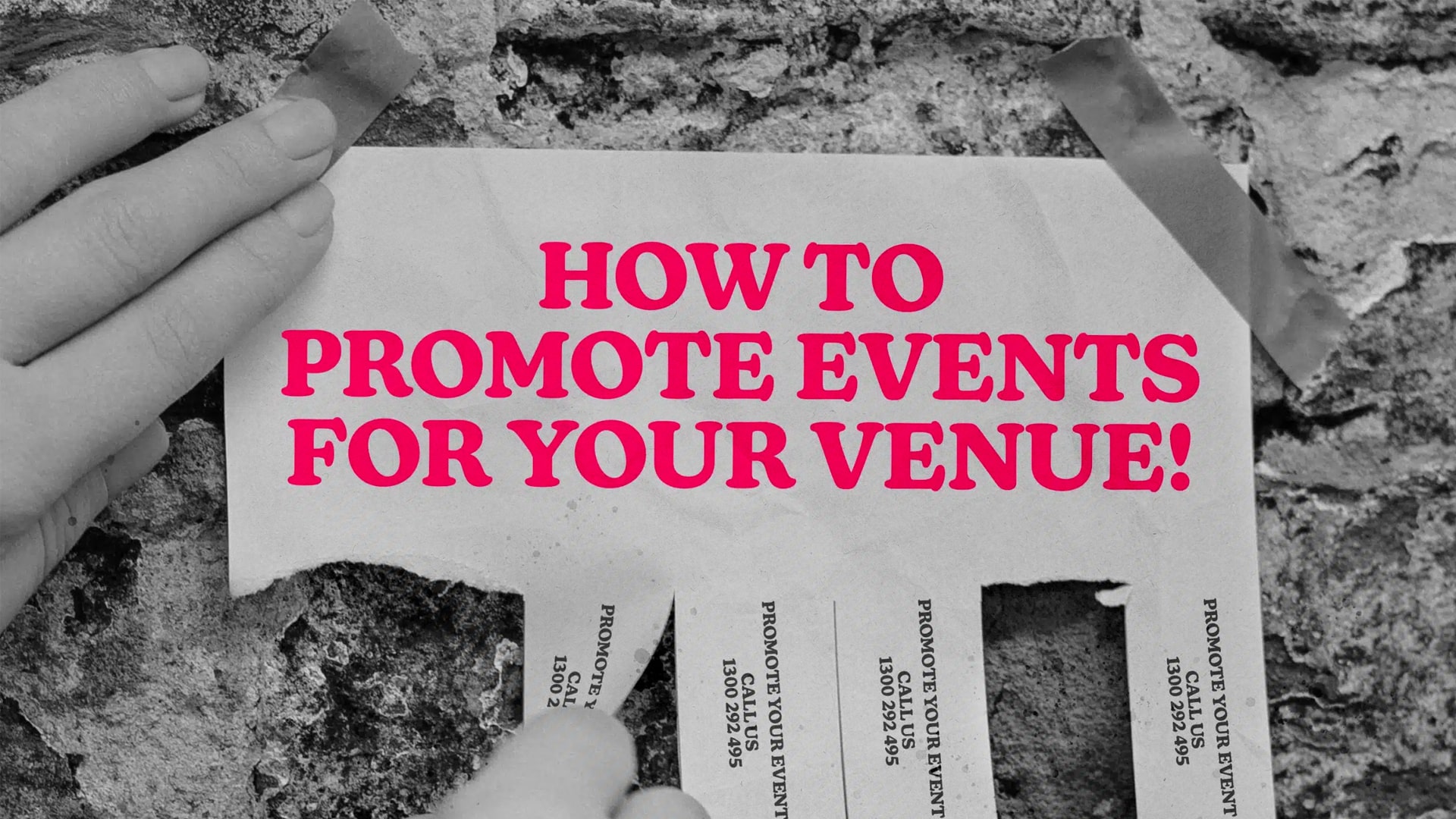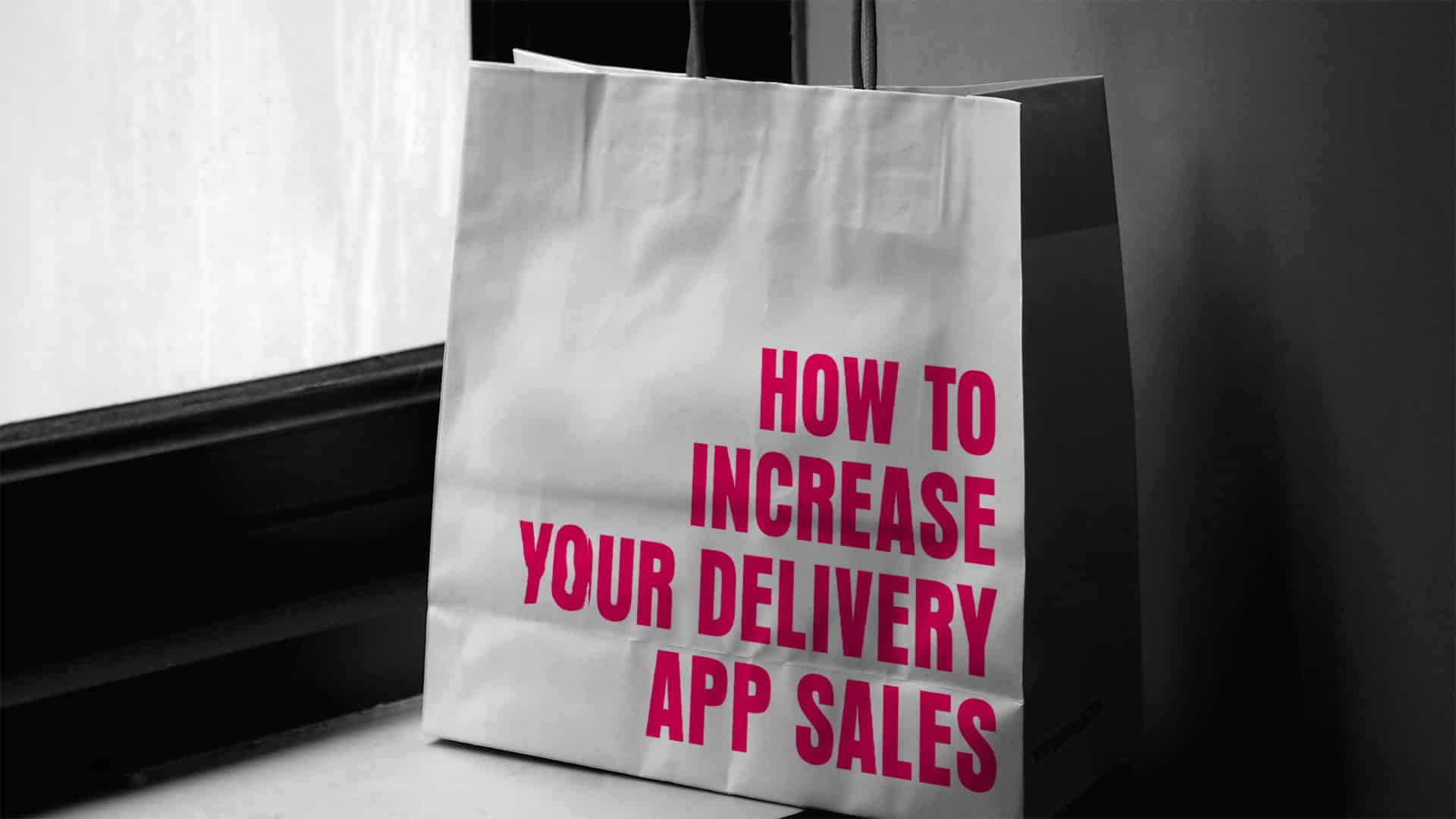The Key Elements of a Winning Local SEO Strategy for Hospitality

Why Local SEO Matters for Hospitality Businesses
In today’s digital-first world, the hospitality industry is fiercely competitive. Whether you’re running a cosy café in Melbourne, a boutique hotel in Sydney, or a buzzing bar in Brisbane, one thing is certain—a strong local SEO strategy is essential to attract customers, fill tables, and boost bookings. Let’s explore the key elements of an effective local SEO strategy, designed specifically for hospitality businesses in Australia.
Think about how people search for restaurants, hotels, or bars. They whip out their phones and Google something like “best restaurants near me” or “luxury resorts in Queensland.” If your business isn’t appearing at the top of these local search results, you’re missing out on a massive opportunity to connect with customers actively looking for what you offer.
For restaurants, pubs, hotels, and resorts, local SEO doesn’t just drive website traffic. It increases in-person visits, reservations, and revenue. And the best part? It targets potential customers right when they’re most likely to make a decision.
The Core Components of a Winning Local SEO Strategy
Local SEO isn’t just about adding your address to your website. It’s a multi-faceted approach that combines technical optimisation, content strategy, and user experience. Here’s how you can craft a strategy that works:
1. Claim and Optimise Your Google Business Profile (GBP)
Google Business Profile (formerly Google My Business) is one of the most powerful tools for local SEO. It’s often the first thing people see when searching for businesses like yours.
- Ensure your profile is complete and accurate. Include your business name, address, phone number (NAP), website, operating hours, and relevant categories.
- Add high-quality photos of your venue, menu items, rooms, or facilities. Australians love visual content that showcases the experience they can expect.
- Use the Q&A feature to answer common customer queries. For example, “Do you offer vegan options?” or “Is there parking available?”
- Encourage happy customers to leave reviews. Respond to all reviews—positive or negative—to show you value feedback.
2. Target Local Keywords
Keyword research is the foundation of any SEO strategy. For hospitality businesses, focus on location-based keywords that match what your customers are searching for.
- Use phrases like “beachfront resort in Gold Coast,” “late-night bars in Sydney CBD,” or “family-friendly café in Adelaide.”
- Incorporate these keywords naturally into your website’s content, including page titles, meta descriptions, and headings.
- Don’t forget to create content around nearby attractions or events. For example, if your hotel is near the Great Barrier Reef, write a blog post about the best reef tours to enhance your local relevance.
3. Mobile-Friendly Websites Are Non-Negotiable
Most local searches happen on mobile devices, so having a mobile-friendly website is critical.
- Ensure your site loads quickly. Australians are known for their no-fuss attitude, so slow-loading pages can frustrate users.
- Make navigation simple. Visitors should be able to find menus, room rates, or contact information in a click or two.
- Add click-to-call buttons for easy reservations or enquiries.
4. Build Local Backlinks
Backlinks from other reputable local businesses or websites signal to search engines that your business is trustworthy and relevant.
- Collaborate with nearby attractions, tourism boards, or event organisers to earn backlinks.
- List your business on local directories like True Local or Yelp Australia.
- Host or sponsor local events and ensure you get credited on the event website.
5. Leverage Location-Based Content Marketing
Content is king, but localised content is the crown jewel for hospitality SEO. Use your blog or social media to highlight what makes your venue unique.
- Create a “Guide to the Best Cafés in Melbourne” or “Top Things to Do in Byron Bay” that includes your business.
- Highlight your involvement in local events, like a special menu for the Melbourne Food & Wine Festival.
- Promote your sustainability initiatives if you’re catering to eco-conscious travellers, a growing demographic in Australia.
6. Optimise for Voice Search
Australians are increasingly using voice search to find local businesses. Optimising for voice means targeting conversational queries.
- Include FAQ sections on your website with natural, question-based phrasing, like “What’s the best pub in Brisbane for live music?”
- Focus on long-tail keywords that mimic how people speak.
7. Monitor and Improve Your Online Reputation
Your online reputation can make or break your business. For hospitality venues, glowing reviews are gold.
- Actively monitor reviews on platforms like TripAdvisor, Google, and Zomato.
- Respond to every review with a friendly and professional tone. A thoughtful response to a negative review can turn a critic into a loyal customer.
8. Utilise Schema Markup
Schema markup helps search engines understand your business. For hospitality venues, specific types of schema can enhance your visibility.
- Use LocalBusiness schema to display your address, hours, and reviews in search results.
- Add Restaurant schema for menus, Hotel schema for room types and pricing, or Event schema for special nights or performances.
How Local SEO Drives Real Results for Australian Hospitality Businesses
Investing in local SEO doesn’t just improve your online presence—it directly impacts your bottom line. Here are a few examples:
- For Restaurants and Bars: With the rise of “near me” searches, optimising for local keywords can fill your tables during off-peak hours.
- For Hotels and Resorts: Local SEO can position your property as the go-to accommodation for interstate tourists or international visitors exploring Australia.
- For Cafés: Showcasing unique menu items or highlighting your location’s charm can draw in both locals and tourists.
With more people relying on search engines to make decisions, local SEO is a game-changer for the hospitality industry. Whether you’re looking to fill bookings, boost foot traffic, or simply build your brand’s reputation, a strategic local SEO plan can set your venue apart from the competition.
Ready to take your hospitality business to the next level? Start optimising your local SEO today and watch your customer base grow.



